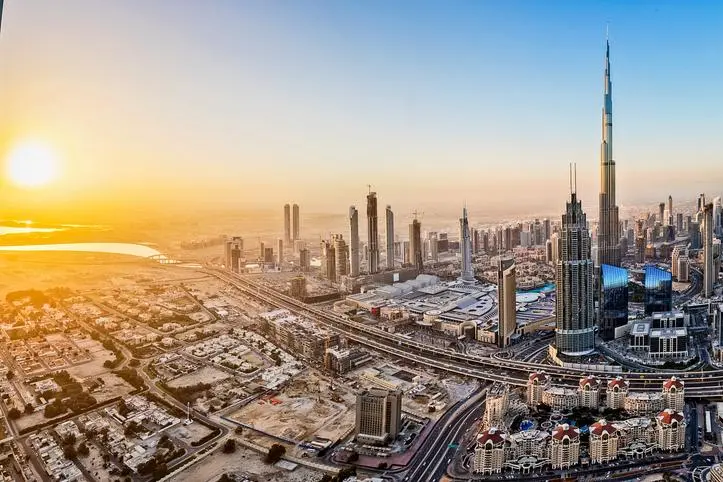PHOTO
Property purchases in Dubai over the past few months have reached levels not seen since almost a decade ago, underpinned by growing demand for bigger private space in the age of remote working and social distancing.
Transaction volumes in the first half of 2021 were at the highest level since the second half of 2013 and increased by 69.2 percent and 46.4 percent compared to the same period in 2020 and 2019, respectively, said CBRE in its latest UAE Market Review.
However, apartment prices and rents have remained subdued.
Sales transactions involving secondary homes from January to June 2021 registered a bigger increase, at 148.4 percent. Off-plan sales were muted, with increases averaging only 13.4 percent over the same period.
In terms of prices, the apartment segment of the market did not do well, with rates dropping by 1.8 percent compared to a year earlier. However, villa prices went up by 12.7 percent.
Dubai rents
Average rental rates in Dubai also fell by 5.9 percent, underpinned by the softening of apartment rental rates, which fell by 8.1 percent.
While overall residential rents have declined, other analysts said that some landlords in Dubai have indeed asked for higher rents this year, but the increases have been limited to properties in premium locations.
“While we have seen a few rental rises in new leases in the range of 5 to 15 percent year-on-year, particularly for prime apartments and villa properties in established locations, the same is not the case for existing tenants looking for lease renewals,” Edward Macura, partner at CORE, told Zawya.
The property sector has been among those least affected by the COVID-19 lockdowns and mobility restrictions. Last year, shortly after restrictions eased in the UAE, buying activity resumed, with investors snapping up villas and flats in many of Dubai’s sought-after locations.
According to a Deloitte report, the robust demand in the housing sector has been due to “high-wage remote workers’ continued strong economic positions, low mortgage rates, and millennials entering the prime homebuying age”.
Office space
Within the commercial segment, CBRE said Dubai’s offices continued to see subdued demand, with rental rates for average Prime, Grade A, Grade B and Grade C spaces falling by 4.5 percent, 6.5 percent, 6.9 percent and 7 percent in the year to June 2021, respectively.
“With new institutional market entrants remaining limited in number, the vast majority of activity continues to stem from existing occupiers,” CBRE said.
There will be limited new supply of office space coming in this year, estimated to be around 1.13 million square feet. “With the majority of this upcoming supply being in non-core locations, going forward, we may begin to see moderation in the rate of declines seen in Prime and Grade A rental rates and uplift in the average occupancy rate,” the report said.
Abu Dhabi
In Abu Dhabi, residential prices went up by 2.4 percent in the year to June this year. Over this period, average apartment prices increased only by 1.5 percent.
Rental rates, on the other hand, remained under pressure, with average rental rates decreasing by 5.3 percent.
Prime and Grade A office rents in the UAE capital, however, went up by 7.5 percent and 2.5 percent, respectively. Grade B rents dropped by 9.7 percent.
Overall, the office space market in Abu Dhabi remains “tenant favourable”, with landlords offering incentives, such as rent-free periods.
(Reporting by Cleofe Maceda; editing by Seban Scaria)
Disclaimer: This article is provided for informational purposes only. The content does not provide tax, legal or investment advice or opinion regarding the suitability, value or profitability of any particular security, portfolio or investment strategy. Read our full disclaimer policy here.
© ZAWYA 2021





















